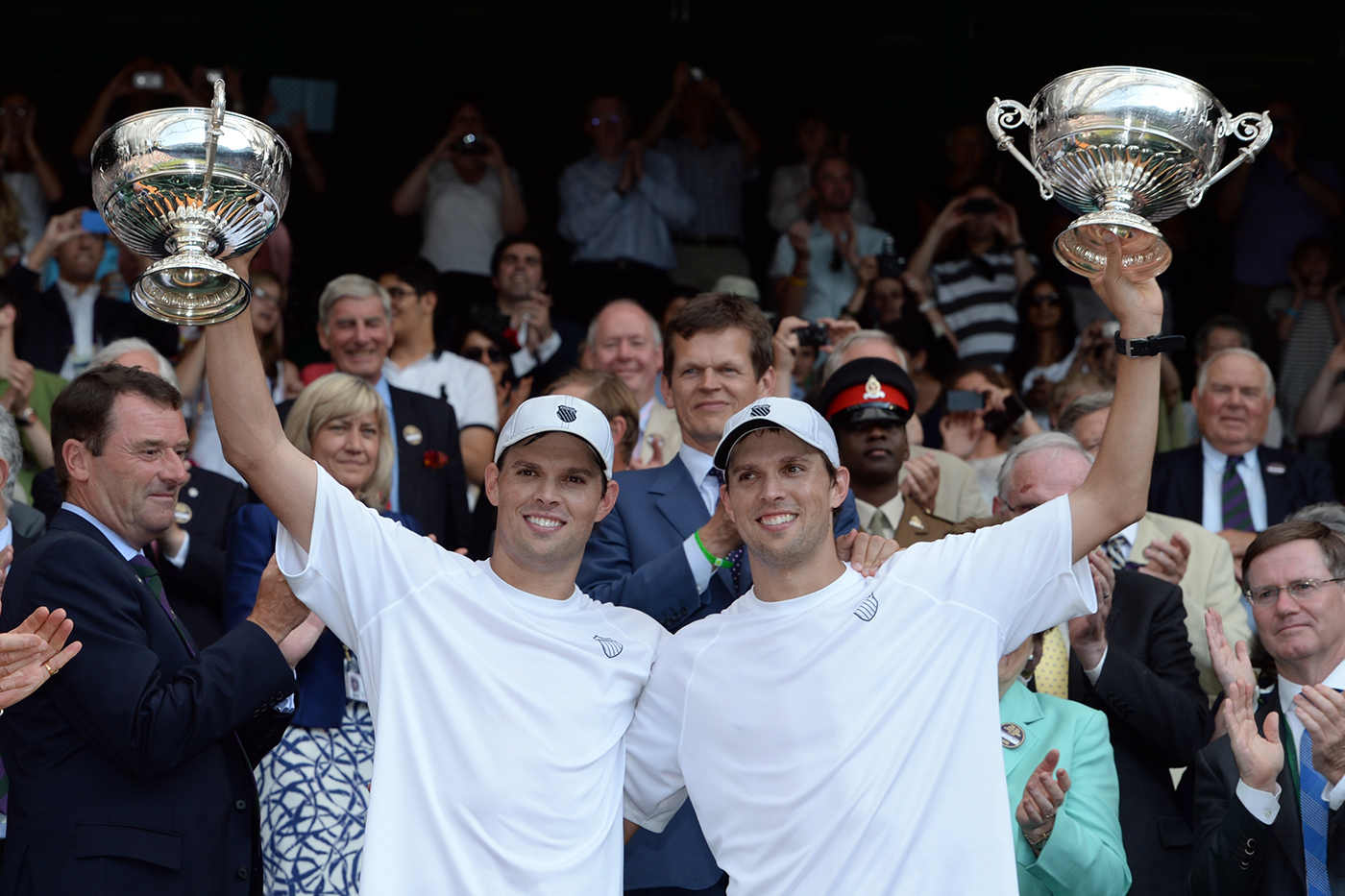
Love means nothing to a tennis player. Heard that old adage before?
Besides the clever play of words, love actually means a lot to a player. It starts off the scoring of each and every match. But where did the term “love” come from?
The game of tennis is believed to be thousands of years old with some evidence of it being played by the ancient Egyptians, Greeks and Romans. But the modern game of tennis would look a lot different. The origins of the game today are traced to a 12th–13th-century French handball game called jeu de paume (game of the palm). Since then, the game has evolved into what we love to watch and play today.
There are two main theories as to where the term love comes.
L’oeuf means egg in French, and because an egg looks like a zero, some tennis historians believe that is where the term came from. Funny enough, the French, known for their romance, do not use the term “love” at all–they use zero. In American sports, we often use a similar term of goose egg to refer to a score of zero.
Another theory traced to the 17th century suggests that to “play for love,” meant to play without any wager for nothing. The meaning of “nothing”, or zero, is what love takes on when used in scoring for tennis.
Both of these theories seem plausible, but we’ll probably never know which one is actually true.
Which theory do you think is most likely?

